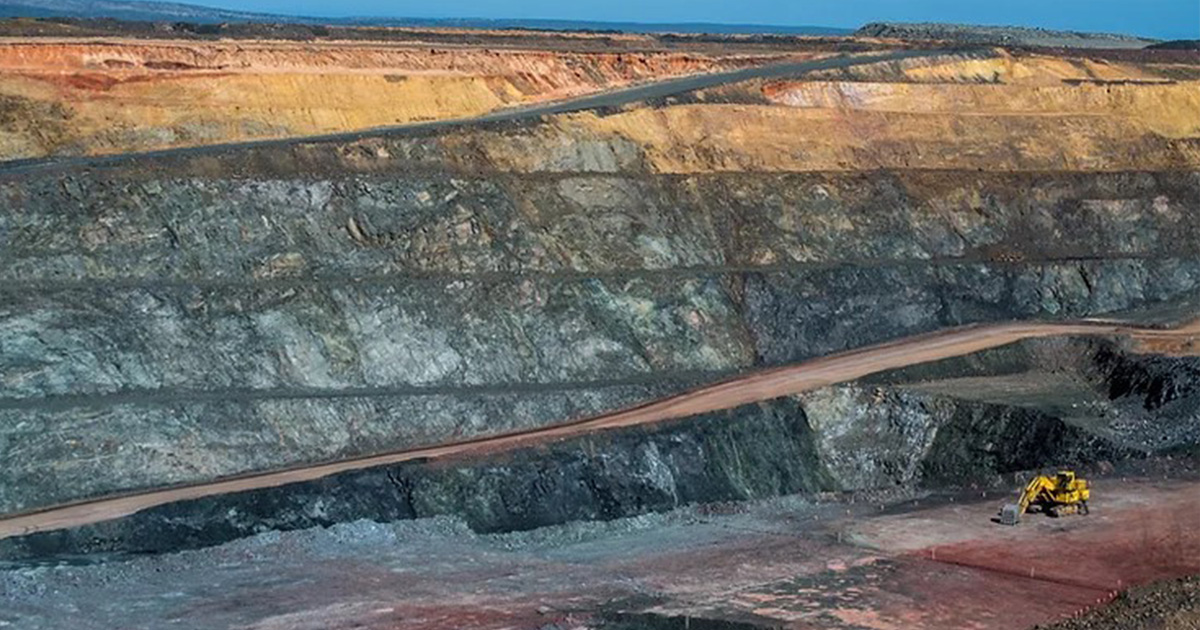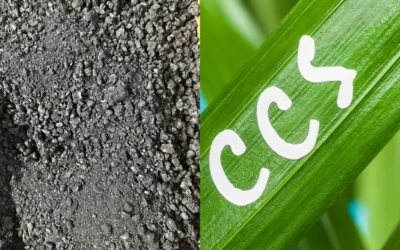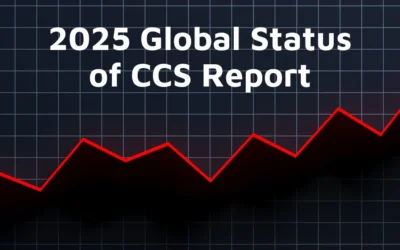Mines and carbon credit buying are two distinct topics related to carbon emissions and climate change. Let me explain each of them and also discuss 45Q.
Mines: Mines, especially coal mines, are significant sources of carbon emissions. When coal is burned for energy, it releases large amounts of carbon dioxide into the atmosphere, contributing to climate change. To reduce the emissions from mines, various technologies such as carbon capture and storage (CCS) can be used to capture the carbon dioxide before it is released into the atmosphere. Carbon Credit Buying: Carbon credit buying is a market-based approach to reducing carbon emissions. Companies or organizations that emit carbon dioxide can buy carbon credits from other organizations or projects that reduce carbon emissions. These projects can include renewable energy, reforestation, or energy efficiency initiatives. The idea is that by buying carbon credits, companies can offset their carbon emissions by supporting projects that reduce carbon emissions elsewhere.
45Q: 45Q is a tax credit program in the United States that aims to incentivize the deployment of carbon capture, utilization, and storage (CCUS) technologies. The program provides tax credits to companies that capture carbon dioxide from industrial processes, such as power plants or industrial facilities, and either store it underground or use it for other purposes, such as enhanced oil recovery. The program was expanded in 2018 and provides a higher tax credit for carbon capture projects that store carbon dioxide permanently underground. The goal of the program is to reduce carbon emissions by promoting the deployment of CCS technologies.
Dynamic Carbon Credits is a local carbon sequestering company that sets the benchmark for helping businesses pioneer carbon neutral solutions with plant-based technology. Our solution is unique because we utilize one of the only plants that pulls carbon from the air and returns it back to the soil. Due to this effectiveness, we create a high value solution for companies looking for carbon neutral options. We typically provide resources to Fortune 500, large and medium businesses in the United States and internationally. Dynamic Carbon Credits is a team of industry experts in agriculture, government, science, and business who understand what framework needs to be in place to correctly validate carbon offset projects. We are proud to be a leading benchmark in this industry.
Let’s Work Together!
Dynamic Carbon Credits is ready to show you how to solve your most pressing business challenges. Contact us today and begin seeing the results!





